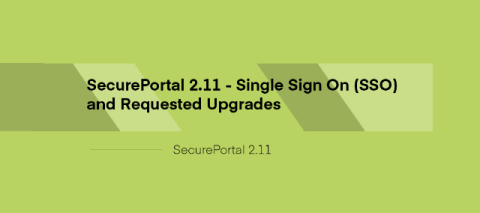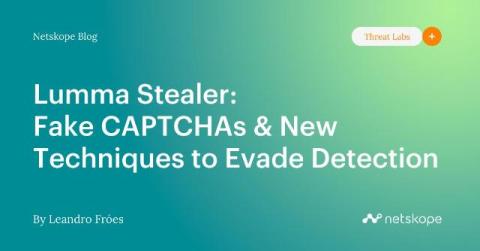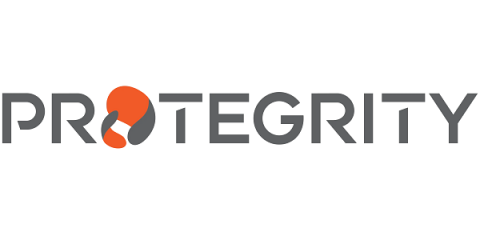Reviving DevSecOps: How Snyk's new framework builds trust and collaboration
It’s been over a decade since DevSecOps was introduced as a transformative approach to software development, but adoption remains uneven. Despite its promise of seamless integration between development, security, and operations, only 38% of organizations report fully automating the addition of new projects, branches, or repositories into their security testing queues.











